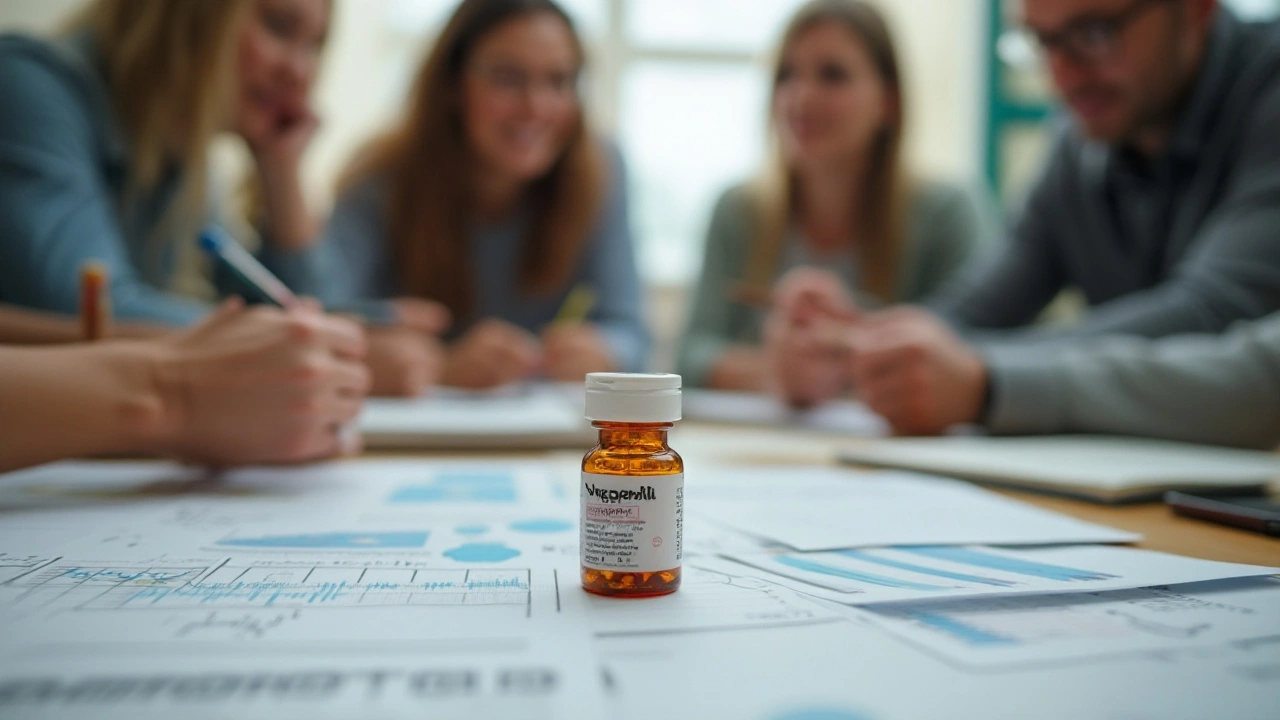Medication Tips You Can Use Right Now
Ever opened a bottle and felt unsure about the right dose or how long to keep it? You’re not alone. Knowing a few simple tricks can keep you safe and make your treatment work better.
Read the label like a pro
The label holds the most important info. Check the drug name, strength, and how often you should take it. If it says "take with food," do exactly that – it can change how the medicine works. Look for warnings about other meds, alcohol, or certain foods. Write down any special instructions, like "do not crush" or "store in a cool place," so you don’t forget later.
Managing side effects and interactions
Most meds cause mild side effects – think a dry mouth or a little drowsiness. If something feels off, call your doctor or pharmacist. They can suggest a tiny dose change or a different drug. Never start a new over‑the‑counter product without checking first; even a vitamin can clash with prescription meds.
Keeping a medication list helps a lot. Write the name, dose, and why you take it. Carry the list to every appointment and share it with any new doctor. This stops accidental duplications and catches hidden interactions early.
When you miss a dose, read the label for guidance. Usually, you take it as soon as you remember unless it’s almost time for the next one. In that case, skip the missed dose – don’t double up. Double‑dosing can cause serious problems, especially with heart or blood‑pressure meds.
Storing meds right matters too. Most pills stay stable in a dry, cool spot away from sunlight. Keep them out of reach of kids and pets. If a medication says "refrigerate," make sure your fridge stays at the right temperature – 35‑46 °F (2‑8 °C). Throw away any medicine that looks discolored, smells weird, or is past its expiration date.
Online pharmacies can be handy, but only use verified sites. Look for a pharmacy that requires a prescription and shows a licensed pharmacist’s contact info. If a price seems too good to be true, it probably is.
Finally, set reminders. Use your phone, a pillbox, or a simple alarm. Consistency keeps the drug at the right level in your body, which is key for things like antibiotics or blood‑sugar meds.
These quick habits – reading labels, tracking side effects, storing properly, and staying organized – make a big difference. When you’re confident about how to take your meds, you’ll feel better and avoid nasty surprises.

